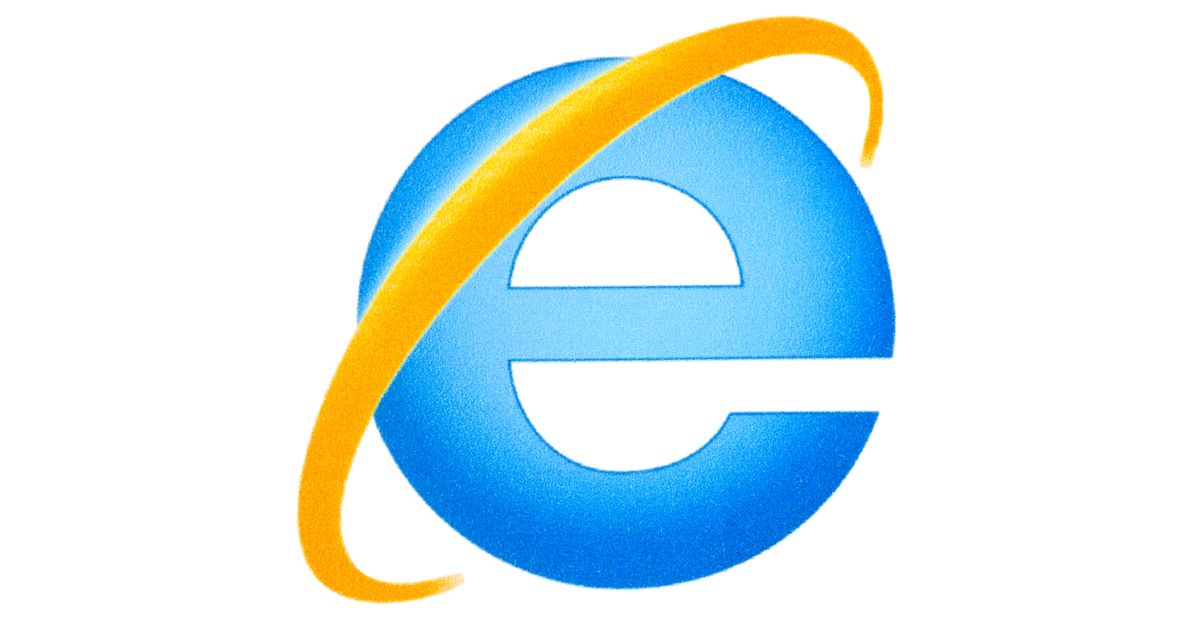Close on the heels of issuing warnings to Windows users, Microsoft has confirmed another security flaw. The company has confirmed that the security flaw is being actively exploited, but the tech giant has no immediate plans to fix it. The security flaw – a so-called zero-day – has impacted all Windows 10 versions along with Windows 8.1 and Windows 7. Windows 7 will stop receiving security updates after this week. The vulnerability has been rated as moderate by Microsoft on the Windows Server device. However, it has been rated as critical on client versions of Windows. US-CERT has tweeted about the bug describing it as ‘being exploited in the wild.’
The warning was issued on January 17 and Microsoft issued security advisory the same day. Microsoft said that vulnerability has been found in the scripting engine of the Internet Explorer. The company said that it can be used by attackers to remotely run malicious code on a computer affected by it. Attackers can trick users into opening some malicious websites from a link sent by email or from a search query. If the attacker successfully exploits the vulnerability, it could take control of the affected system as the current user. This is a very serious vulnerability as an attacker could install malware, could create new accounts and view and alter data. The vulnerability is believed to one similar to disclosed by Mozilla earlier this week.
Mozilla is the maker of the Firefox browser. Mozilla and Microsoft asked Qihoo 360 to find flaws under an active attack. Qihoo 360 is a China-based security research team. According to reports, Qihoo 360 deleted a tweet where it has made reference to a similar flaw in Internet Explorer. There are many who are of the view that the situation is not grave as very few people used Internet Explorer these days. But a data by Net Marketshare reveals that more people than imagined are using it. Google Chrome undoubtedly dominated the market with a 67.28 per cent share and Firefox is at the second spot with a 9 per cent share. Interestingly, Internet Explorer is in the top three spots with 7.42 per cent share. This is when Microsoft itself trying to end the use of IE by choosing Edge as the default browser.


